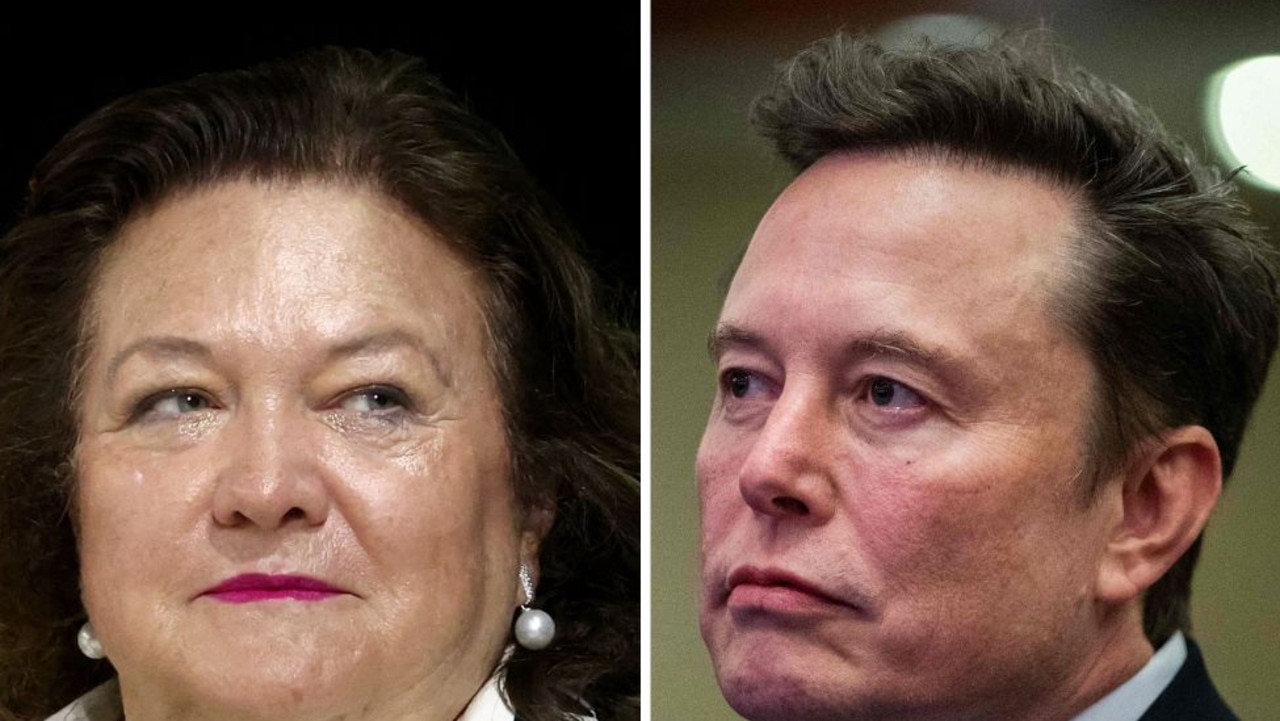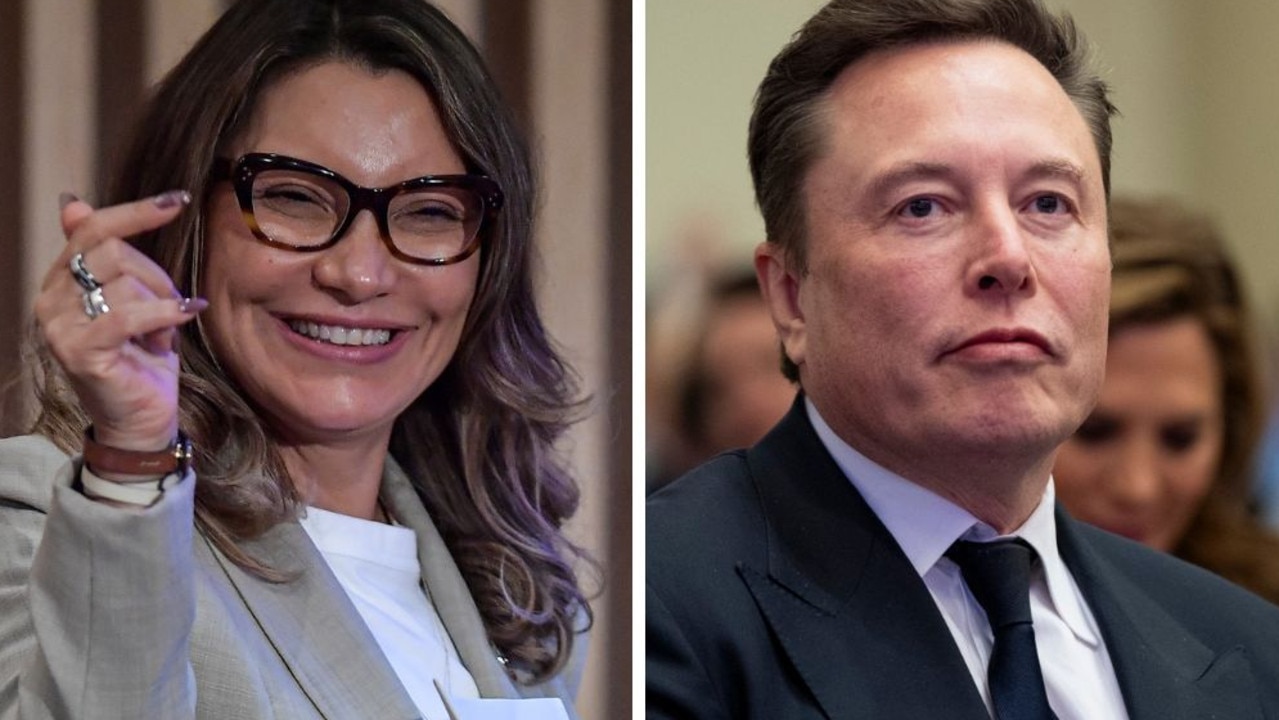Prime Minister leads condemnation of Iranian attacks on Israel as additional military support rejected
Despite warning of the ‘grave threat’ to stability in the Middle East, the Albanese government won’t be increasing its military support in the region.
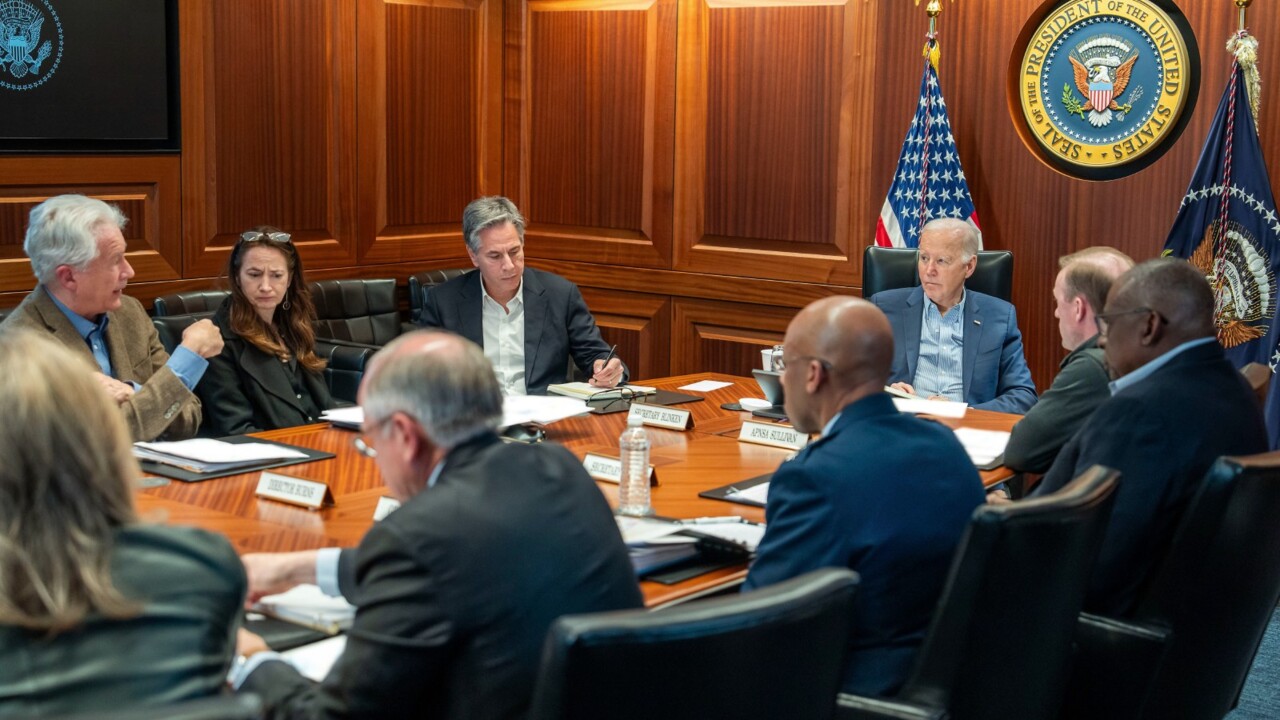
Leaders
Don't miss out on the headlines from Leaders. Followed categories will be added to My News.
Prime Minister Anthony Albanese has led condemnation of Iran after the country launched a barrage of missiles and armed drones towards Israel, a confrontation that threatens to bring the Middle East to the brink of a regional war.
In a statement released on Sunday, the Prime Minister labelled the escalation as a grave threat to the security of Israel and the entire region.
“It risks greater instability and devastation across the Middle East. Australia continues to support regional security, including that of Israel,” Mr Albanese said.
Yet even as the government committed to continue working with the international community to increase pressure on Iran, the Albanese government provided no indication it would send additional troops to the region.
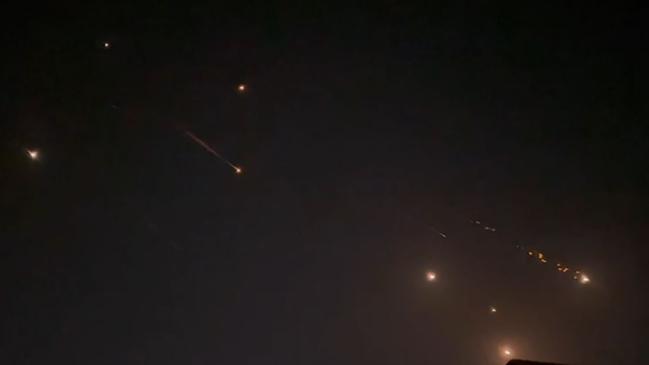
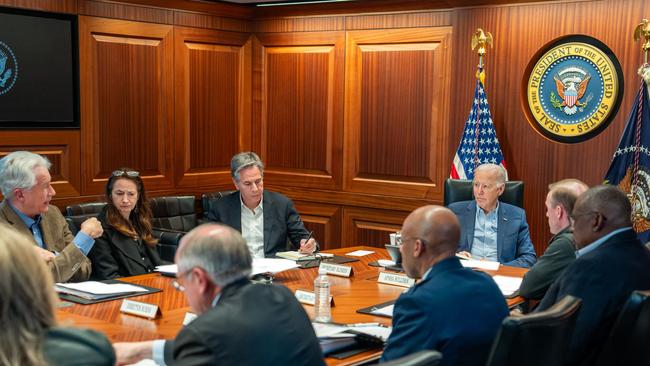
While dozens of Iranian missiles were shot down by Israeli, US and other allied forces before striking their targets, a small number of missiles landed in israel leaving a 10-year old child in a serious condition after being struck by shrapnel.
The Iranian attacks, the first direct strike on Israeli soil in a decades long shadow war between the two nations, are in retaliation to suspected Israeli strikes on Iran’s diplomatic compound in the Syrian capital Damascus, killing seven people including two senior Iranian military officials.
Speaking in a separate interview on Sunday morning, Labor’s Defence Industry Minister Pat Conroy urged Iran to “take a step back” following its retaliatory strike.
“Iran has an opportunity to reverse their course of being a malign actor in the region, and we will be applying all diplomatic pressure to that end,” Mr Conroy told Sky News’ Sunday Agenda.
Despite tensions now at their highest level since the Israel-Hamas war broke out six months ago, Mr Conroy indicated the government would not be providing any further military assistance beyond the ADF’s current support to US forces to help deter attacks by Yemen-based Houthi rebels.
“We’ve been focused on supporting the efforts of allies and like-minded partners to prevent escalation of the conflict … That’s our level of involvement at the moment.”
On 14 April 2024, I.R.Iran's armed forces have carried out a series of military strikes on Israeli's military bases in response to, & in exercise of its inherent right of #self_defense as recognized under Article 51 of the Charter, against Israel's recurring military aggressions, pic.twitter.com/1zEWt9Slhd
— Foreign Ministry, Islamic Republic of Iran 🇮🇷 (@IRIMFA_EN) April 14, 2024
But shadow immigration spokesman Dan Tehan called for the government to offer Israel “all the support we can”, when Iran had “no ability” to bring stability to the Middle East.
“Their sovereignty once again is at risk, and we need to be doing what we can to support them,” Mr Tehan said.
“We have to stand with Israel with our key allies at this time that they’re under serious, serious attack.
“I hope that the government and in particular, the Prime Minister will show leadership at this time and come out and defend Israel’s sovereignty.”
Jewish Liberal MP Julian Leeser called on the government to close Australia’s Iranian embassy.
“Australia has nothing in common with Iran, we must cut ties with this despotic regime,” Mr Leeser said.
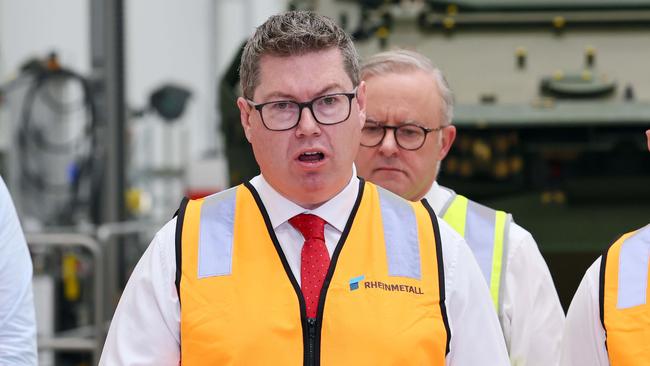
In a statement released on Saturday evening, Israeli prime minister Benjamin Netanyahu thanked the US for “standing by Israel’s side” and listed the support of “the UK and France and many other countries”.
“I established a clear principle — whoever hurts us, we hurt him. We will protect ourselves from any threat and we will do so with composure and determination,” Mr Netanyahu said in a direct threat to Iran.
With Israel’s attacks on Hamas operatives inside Gaza stretching into their seventh month, leaving thousands dead and in excess of a million of the embattled enclave’s inhabitants displaced, tensions have flared across the region.
In recent months, Israeli Defence Forces have battled Iranian-backed Hezbollah forces along its northern border with Lebanon, while other allies of Tehran in Yemen, Syria and Iraq have fired at Israel.
Israel’s campaign in Gaza follows a bloody incursion conducted by Hamas that killed some 1200 people in Israel in early October last year.
Originally published as Prime Minister leads condemnation of Iranian attacks on Israel as additional military support rejected

